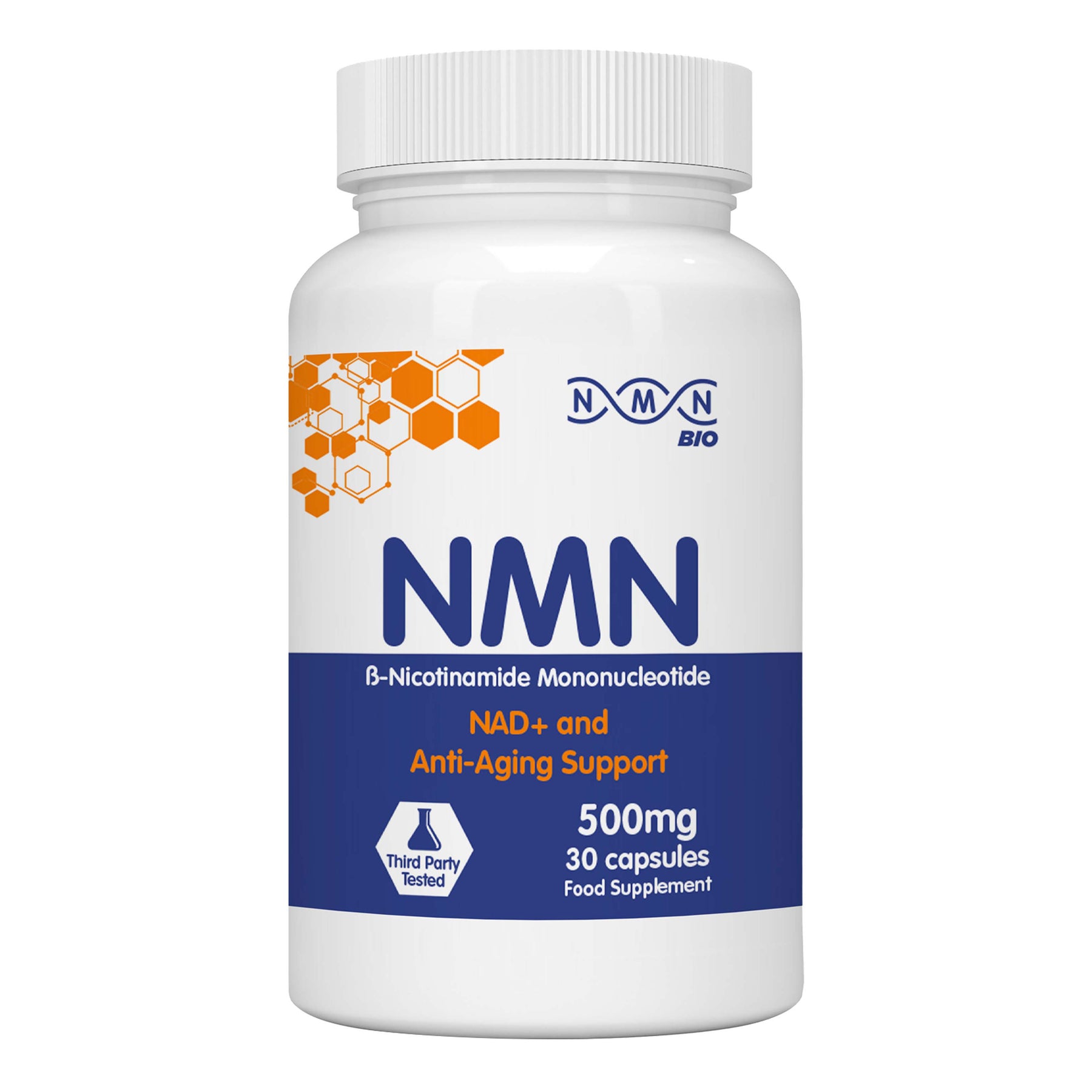In today’s fast-paced world, maintaining good health can be a challenging task. Our busy lifestyles, processed foods, and lack of physical activity often lead to nutrient deficiencies and health issues. As a result, there has been a sharp rise in the popularity of health supplements. These supplements are marketed as a quick and easy way to boost our health and bridge the gap between our dietary intake and nutritional requirements. But do they really work? Are they worth the hype? Let’s dive into the world of NMN supplements UK and find out the truth.
Health supplements are products that contain concentrated forms of vitamins, minerals, herbs, and other substances designed to enhance our overall health and well-being. They come in different forms such as pills, powders, liquids, and capsules, and can be taken to supplement our daily diet. The market for health supplements is constantly growing, and it is estimated to reach a value of $194.63 billion by 2025. But the question remains – do we really need to take these supplements?

At present, the majority of health supplements are not regulated by the Food and Drug Administration (FDA) and are not tested for safety and effectiveness. It is crucial to understand that supplements cannot replace a healthy and balanced diet. The best way to obtain essential nutrients is through a variety of whole foods. However, in certain cases, where our bodies are unable to absorb specific nutrients or when our dietary intake is inadequate, supplements can be beneficial.
The first step to determining whether we need a health supplement is to assess our diet. A balanced diet that includes a variety of fruits, vegetables, whole grains, and lean proteins can provide us with most of the vitamins and minerals we need. However, certain individuals, such as pregnant women, older adults, and people with specific dietary restrictions, may require additional supplements. Consulting a healthcare professional before starting any supplement is recommended.
It is also important to note that not all supplements are created equal. Some might be beneficial, while others might not provide any significant health benefits. It is crucial to do thorough research before adding any supplement to our routine. Look for supplements that have been tested and approved by third-party organizations such as the United States Pharmacopeia (USP) or ConsumerLab.
With the growing popularity of dietary supplements, there has been an increase in false claims and misleading information. It is essential to be cautious of any supplement that claims to cure or prevent diseases. Health supplements are designed to supplement our diet, not cure illnesses. Moreover, if a supplement promises quick results or seems too good to be true, it most likely is. It is always advisable to read the labels carefully and understand the ingredients before making a purchase.
The bottom line is that health supplements can be beneficial in specific cases, but they are not a substitute for a healthy diet and lifestyle. It is crucial to recognize that the key to good health is a balanced diet, regular physical activity, and proper rest. Before adding any supplement to our routine, it is important to consult with a healthcare professional and research the product thoroughly. Properly used, health supplements can provide us with the essential nutrients we need to maintain good health, but it is important not to rely on them completely.
In conclusion, the market for health supplements may be expanding, but it is crucial to make informed decisions before incorporating them into our routine. Instead of relying solely on supplements, let’s focus on building a healthy diet and lifestyle to achieve optimal health. Remember, our health is our most valuable asset, and it is up to us to take care of it.
